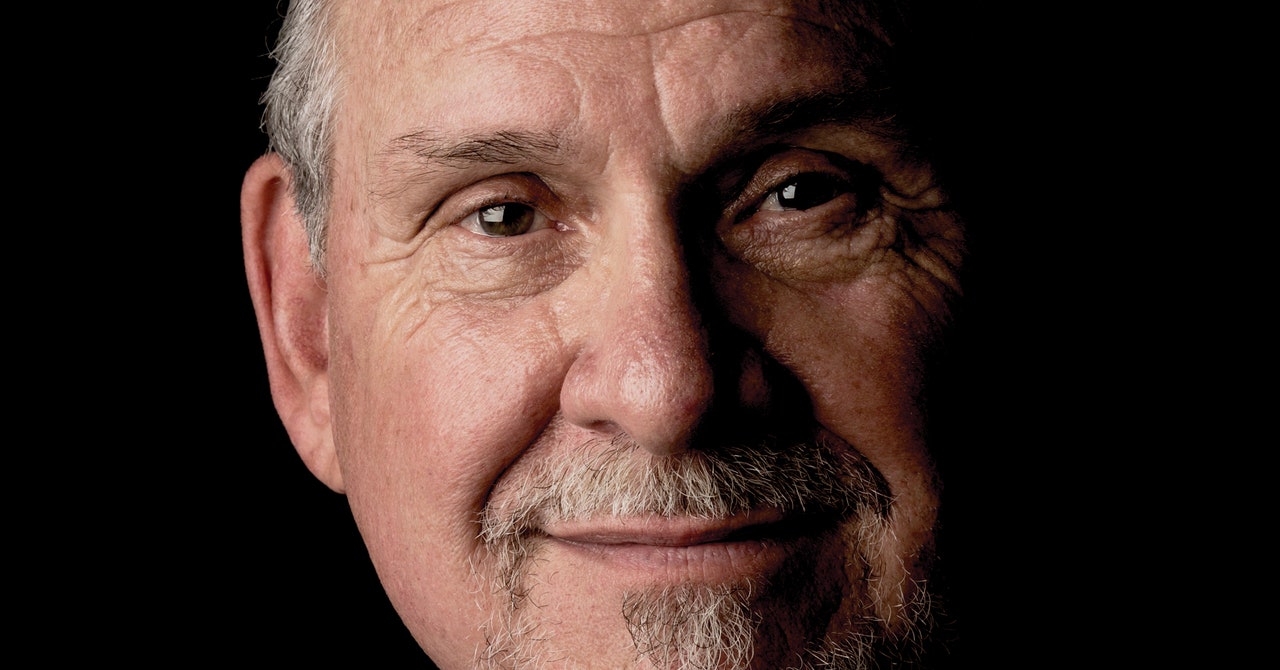GopherLady
Well-known member
- Joined
- Nov 5, 2008
- Messages
- 9,520
- Reaction score
- 1,336
- Points
- 113
Changed it up a little bit for the GH podcast this week, I had the Athletic's Scott Dochterman on to talk about the new Big 10 schedule, as well as the status of Iowa football and the investigation going on. Find out why he doesn't think Kirk Ferentz is on the hot seat...and it's not about wins and losses.

